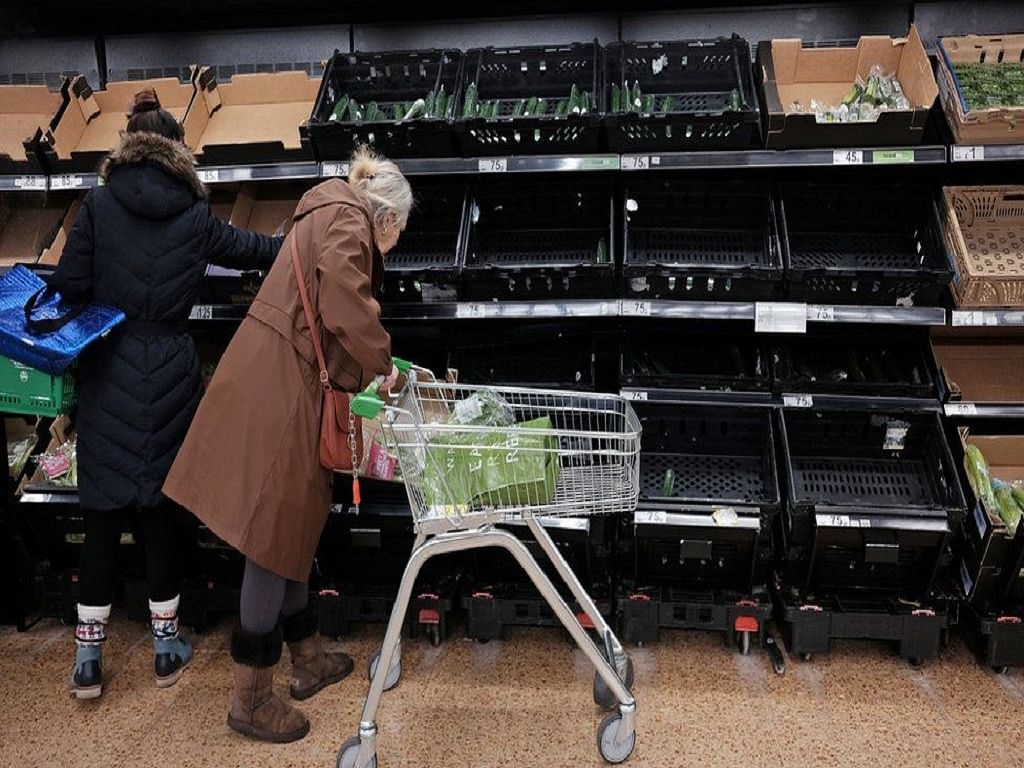
The National Farmers' Union (NFU) has warned that the shortage of fresh produce, such as tomatoes and cucumbers, in UK supermarkets could be just the beginning of a larger problem.
The shortage has been caused by a combination of factors, including poor weather conditions that have reduced harvests in Europe and North Africa, Brexit regulations, and lower supplies from UK and Dutch producers affected by the recent jump in energy costs required to heat glasshouses.
According to the NFU's deputy president, Tom Bradshaw, as a result of its reliance on imports, the UK is particularly vulnerable to "shock weather events”. He has called for the UK to take command of its food supply to mitigate global volatility caused by the ongoing war in Europe and the climate crisis.
The shortage of fresh produce has caused several UK supermarkets, including Tesco, Aldi, Asda, and Morrisons, to limit the number of units that customers can purchase. For example, Tesco and Aldi are limiting customers to three units of tomatoes, peppers, and cucumbers, while Asda is also restricting customers to lettuce, salad bags, broccoli, cauliflower, and raspberries. Meanwhile, Morrisons has set a limit of two items per customer across tomatoes, cucumbers, lettuce, and peppers.
The shortage of tomatoes has extended to other fruits and vegetables due to transport issues and poor weather conditions. The situation has caused concern among shoppers, who have criticized the government's handling of the situation.
The Environment Secretary, Thérèse Coffey, came under fire for her response to the shortage, as she suggested that people should "cherish" seasonal foods such as turnips. Coffey emphasized that many people would be eating turnips instead of lettuce and tomatoes. However, reports have emerged that some stores, including Waitrose, have discontinued selling turnips due to the shortage. Shoppers at Sainsbury's have also reported a lack of turnips in their local stores.
The NFU's warning about the shortage of fresh produce is a cause for concern for UK consumers, as it highlights the country's vulnerability to external factors that can disrupt food supply chains. The situation has also highlighted the need for the UK to invest in its domestic food production and supply chain infrastructure.
The government has responded to the crisis by announcing a £20 million fund to help domestic producers impacted by rising energy costs. This is a step in the right direction, but more needs to be done to ensure the UK's food supply remains stable and sustainable in the long term.
















